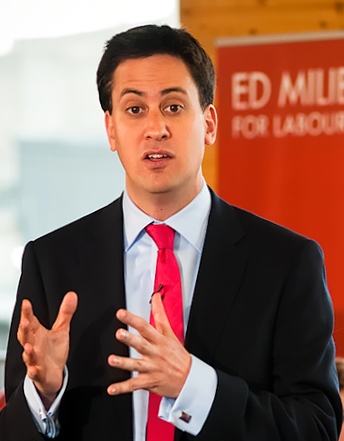 A few thoughts about the £6,000 fees cap policy announced by Labour over the weekend, and already covered in depth here, here, here and many other places.
A few thoughts about the £6,000 fees cap policy announced by Labour over the weekend, and already covered in depth here, here, here and many other places.Firstly, the policy is 'fully costed' at £750 million to be sourced from higher corporate taxes and higher repayments by very wealthy graduates. I think institutions will find this disappointing. According to OFFA (who ought to know) the average post-waiver fee is currently £8,161. Cutting this to £6,000 will save the taxpayer the RAB charge (about £650 per student). The £750 million then needs to be split across all 1,226,950 FT Home and EU undergraduate students to make about £611 more. £6,000+£611+£648=£7,259 so, even with a generous rounding margin, this isn't enough to restore the fee income institutions are hoping for. It may be enough to restore historic funding levels.
Secondly I follow William Cullerne Brown in seeing this as likely to be one stage on the journey towards a formal abandonment of the graduate tax policy. Pure graduate taxes are, in my view, unworkable in English HE which is why politicians tend to move away from them as they approach power. However I can't find any clear statement about the future of the student number cap. John Denham is quoted as wanting to move away from the 'pernicious' core/margin model, but doesn't specify what he is moving towards - an end to numbers control, or just an end to moving the numbers about? From an institutional perspective, the numbers cap issue is really the more important one.
Since Ed Miliband has already indicated that this policy will be changed before the next election, it isn't likely to have much direct impact on anything. In one sense, as a concrete step bringing Labour policy closer to current Government policy, it should reduce uncertainty for institutions. I'm not sure that's how it will feel for us on the ground.
No comments:
Post a Comment